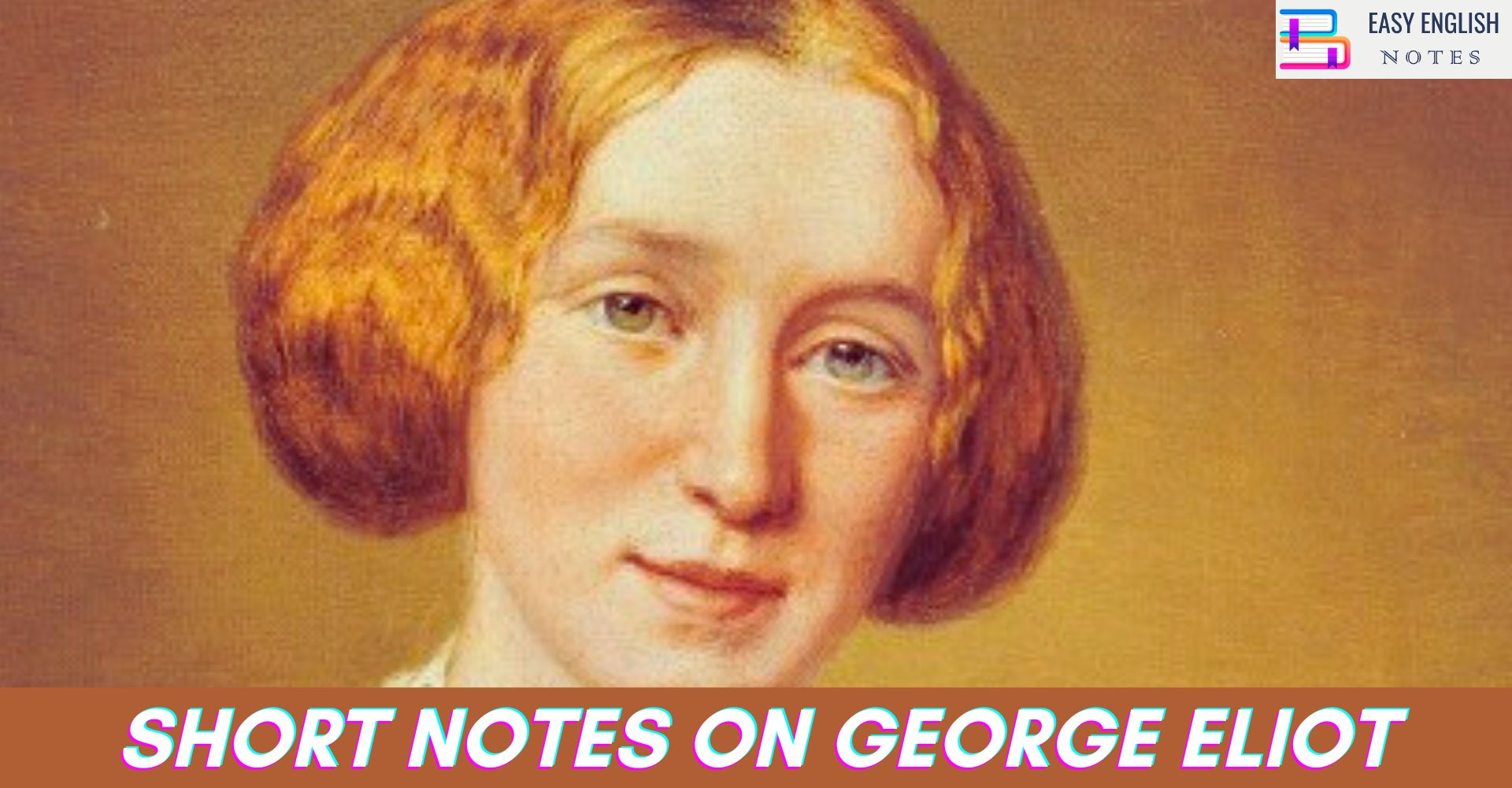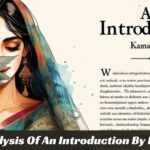George Eliot’s first novel. Adam Bede, was published in 1859. She has been described as the first modern English novelist. Put this baldly, the statement begs too many questions to have much meaning. Yet it is true that her work marks a change in the nature of the English novel, a change so significant as almost to amount to a mutation in the form. She did not herself make the change; it would have occurred had she never written a word of fiction, and it was not spectacular in its operation. Moreover, it was a complex change, and not all its manifestations appear in her work. But 1859 saw the publication not only of Adam Bede but also of another first novel, by a younger writer: George Meredith’s The Ordeal of Richard Feverel. Together, vastly different though they are, they stand in sharp contrast to the works of established novelists that appeared in the same year. A Tale of two Cities, The Virginians. The Bertrams. It is precisely these works that make the publication of Adam Bede and Richard Feverel so significant, for, by contrast with the fiction of Dickens. Thackeray, and Trollope, George Eliot’s and George Meredith’s first novels appear as new points of growth in our literature.
They were the counterparts of new growing points already visible in European fiction generally. Here dates are relevant. A translation of Turgenev’s Sportsman’s Sketches had come out in English in 1855; in that year Tolstoy’s Sevastopol had been published in Russia and Flaubert’s Madame Bovary in France. Dostoevsky’s The House of the Dead was to follow in 1861 and Turgenev’s Fathers and Sons two years later. None of these works had any influence on George Eliot or Meredith, but looking back, we can see that the English writers belonged to the same broad movement that was shaping the novel anew in Europe; and henceforward, for English novelists younger than they, the usable past of fiction was to include, besides the traditional English novel from Defoe onwards, nineteenth century French and Russian fiction. The result, so far as England was concerned, was the mutation of which the modern English novel was the product.
What did the mutation consist of? We can see roughly if we contrast Flaubert, Turgenev, Tolstoy, and Dostoevsky with Dickens, Thackeray, and Trollope. The difference is not one of talent; rather it lies in the end the novelists have proposed for themselves. The English say themselves sometimes as preachers and reformers, always as public entertainers. Their conception of themselves was modest, their conscious aim nothing much more elevated than Wilkie Collins’s ‘Make ‘em laugh, make ‘em cry, make ‘em wait’. Set against this innocent notion of the novelist’s function Flaubert’s description of his ambition: ‘To desire to give verse-rhythm to prose, yet to leave it prose and very much prose, and to write about ordinary life as histories and epics are written, yet without falsifying the subject, is perhaps an absurd idea… But it may also be a great experiment and very original. The French novelist has arrogated to himself the rights and privileges of the poet : he is taking his talent and his medium as seriously as poets do theirs: Flaubert’s words show the nineteenth century novelist catching up, in the claims he makes for his vocation, with the Romantic poets at the beginning of the century. Flaubert’s aims, it is true, were not those of Dostoevsky or Tolstoy: yet In spite of the genuineness of his affinity with Dickens, Dostoevsky, with his tremendous subject-matter of man in relation to God, is plainly using the novel with a depth of seriousness quite beyond anything the early Victorians proposed for it.
The seriousness of these European writers was both moral and aesthetic, it is not always a simple matter to distinguish one from the other. But it is not by accident that this seriousness of intent came into our fiction consciously with George Eliot and Meredith. In education and interests both were out of the common run of English novelists. George Eliot was thirty-eight when she wrote her first fictions. Until then, she had worked as a rationalist journalist, reviewing learned books on religion and philosophy. A woman of formidable learning herself, she was the friend of men more learned, like Herbert Spencer, and shared their interests. Dickens’s and Thackeray’s associates had been men like themselves, journalists, artists, actors, not intellectuals and philosophers. George Eliot lived in a much larger world of ideas, ideas which conditioned her views of fiction, the shape her novels took, and the very imagery of her prose.
So with Meredith, educated partly in Germany, influenced by French writers, a critical attitude towards England and its literature was second nature to him.
George Eliot was the greater novelist, though the work of the two is so different as to make them scarcely comparable. But Meredith brought into our fiction, consciously as Emily Bronte had introduced it unconsciously, a quality of poetry which later novelists were to weave into the fabric they had inherited from George Eliot.
George Eliot was that common English type, the radical story. Her radicalism, at once cautious and courageous, lay in the spheres of theology and ethics. Born in the established Church, she had become a Calvinistic Methodist as a girl; essentially religious, she was brought by her intellectual honesty to a reluctant agnosticism, an agnosticism that laid as remorseless a stress on morals, on right behaviour, as had the dissent of her youth. She writes, in Silas Marner: ‘Favourable chance is the god of all men who follow their own devices instead of obeying a law they believe in….The evil principle deprecated in that religion, is the orderly sequence by which the seed brings forth a crop after its kind’. George Eliot believed, almost like a fanatic of determination, in ‘the orderly sequence by which the seed brings forth a crop after its kind’. Human beings were made for good or ill by their actions and in the last analysis by their characters, and the consequences of their actions were remorseless. She accepted implicitly Edgar’s words:
The gods are just, and of our pleasant vices
Make instruments to plague us
and did so perhaps more firmly because she could see no evidence for the existence of gods.
Also Read :
- Compare Hamlet with Macbeth, Othello and other Tragedies
- “The Pardoner’s Tale” is the finest tale of Chaucer
- Prologue to Canterbury Tales – (Short Ques & Ans)
- Confessional Poetry – Definition & meaning
George Eliot’s moral beliefs chimed with what appeared to be the findings of contemporary science, particularly heredity, which appeared as a scientific-and scientifically proved-determinism. This gave her fiction great authority in its day; later, it was to make it seem dated; now, when she is again seen as a great novelist, we realize how much of her strength is derived from the very intransigence of her view of human beings. It was a view too mechanistic to allow her to write tragedy. But, by placing the responsibility for a man’s life and fate firmly on the individual and his moral choices, she changed the nature of the English novel. If it is the individual’s choice of actions that shape his life, then plot in the old sense of something external to character and often working unknown to it, is irrelevant and unnecessary. Character, in fact, itself becomes plot; though in her greatest novel character itself is discovered to be conditioned by environment, or rather, its capacity for growth and scope to be limited, almost to the point of tragedy, by the world around it.
George Eliot’s Toryism is evident in her traditionalism, her delight in an ordered, hierarchical way of life in which everyone has his prescribed place and duties. In her youth she had been a great reader of Scott, and Scott is probably the greatest single influence on her fiction. She wrote for the most part of a society and a way of life over and done with; it was indeed the society and way of life she knew in her childhood, that of midland England before the first Reform Bill. The values that informed the mid-century, however, were already operating in the world she described. Yet, like Scott, she gained from the fact that the world she described was a finished one. Since it was finished, it was static. It could therefore be described completely; and in the solidity and comprehensiveness with which she created her fictional world she has no peer in English except Scott.
Joan Bennett has noted, in her admirer George Eliot. Her Mind and Art, ‘the organic form of her novels – an inner circle (a small group individuals involved in a moral dilemma) surrounded by an outer circle (the of social world within which the dilemma has to be resolved)’. This is evident from the first in Adam Bede, which is, among other things, a novel about a whole village and a whole social structure: we are made free of the squire’s hall, the rectory, the tenant farmer’s farmhouse, the carpenter’s cottage, all of which exist in a distinct relation to one another; all, one might say, are part of the others’ lives. Yet, in this novel especially, George Eliot’s imagination is not of a piece. It is much more free when working on the figures of the outer circle; with the major characters of the smaller circle within it is sharply curbed by her intellectual, which are her moral, pre-occupations. These she allows to become unnecessarily overt. She retained the old privilege, of course, of commenting on, explaining, even upbraiding her characters; in Adam Bede she carries it to quite excessive proportions. And here she suffers from the defects of her prose style. Fielding and Thackeray, who had similarly indulged themselves, were writers who could not help being graceful and witty.
PLEASE HELP ME TO REACH 1000 SUBSCRIBER ON MY COOKING YT CHANNEL (CLICK HERE)











